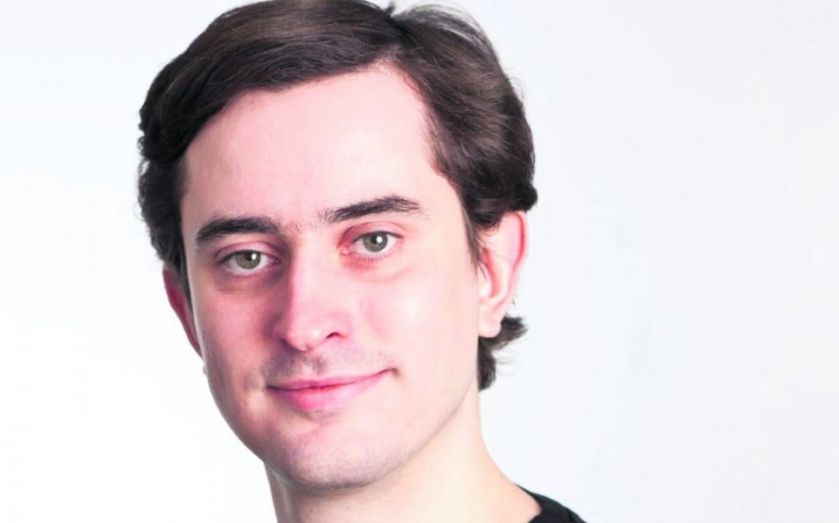Semetric and Musicmetric co-founder Gregory Mead: Meet the London physics graduate who built a $50m startup

Imperial College London graduate Gregory Mead began work on the software that would eventually become a $50m (£33m) business while working on the university’s student newspaper in 2007.
“We had about 20,000 readers, and I had 30 reviewers that would write about new music and go to gigs. I needed to find a way to quickly and easily discover new music to feature in this magazine, so I built an early prototype for a web crawler that would search the web and find mentions of artists,” Mead told MusicConsultant.com in 2012.
Musicmetric developed with the help from Mead’s co-founders Marie-Alicia Chang and Matt Jeffery, and with funding from Imperial’s venture capital arm Imperial Innovations and Pentech Ventures.
While finishing his computational physics degree at Imperial Mead expanded Musicmetric from just tracking artists being mentioned on blogs, to over 600,000 artists being mentioned across social media and even illegal sources like BitTorrent.
Musicmetric’s customer base also grew to include not just artists but also major labels like EMI and media broadcasters like MTV who had begun using the service to track the performance of mainstream artists and spot exciting new music.
“The ability to analyse complex data in real time is becoming essential across business,” Mead said in 2013. “As the entertainment sector continues its shift towards the digital sphere, understanding consumer trends, what drives revenues and being able to benchmark real time performance will become vital. This new investment will allow us to firmly establish Semetric [the parent company of Musicmetric] across Europe and America.”
By 2013 Semetric had transformed from an online dashboard letting artists and labels explore trends and rankings, into a true big data analytics business ingesting sales data, radio airplay data, and data from streaming sites like Spotify. The company’s aspirations had grown as well as it raised another £3m from its backers in 2013 to expand its reach beyond the music industry into the TV, film, eBooks and videogames markets.
What next for this physics graduate? We’ll just have to wait and see.